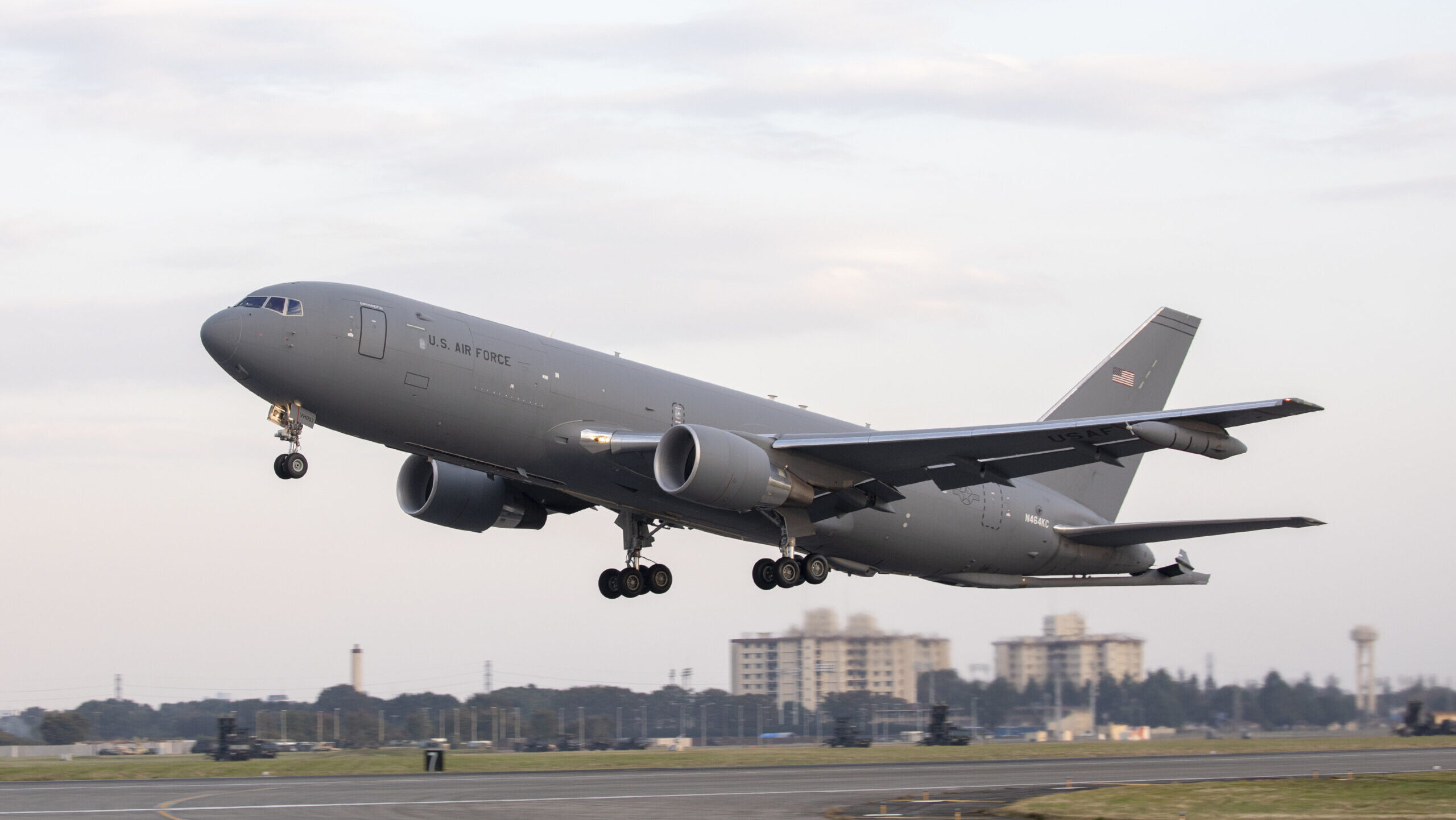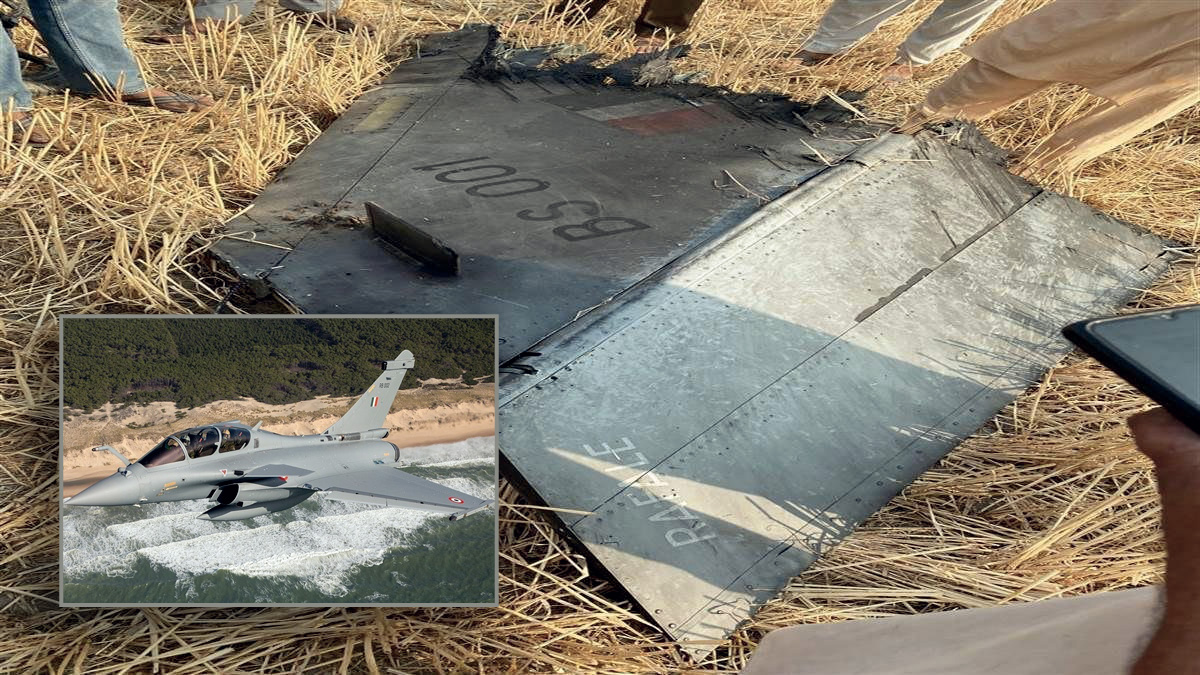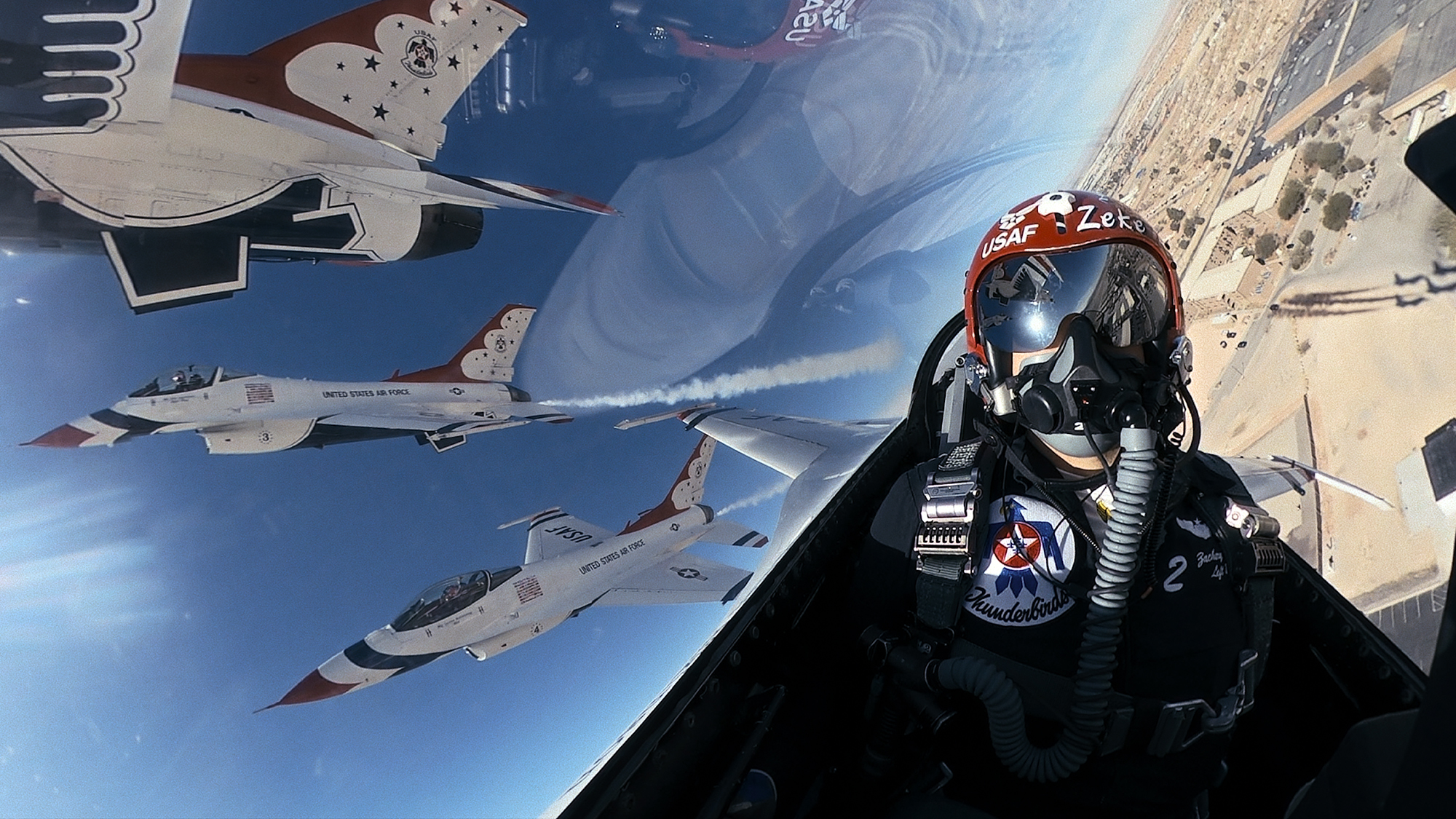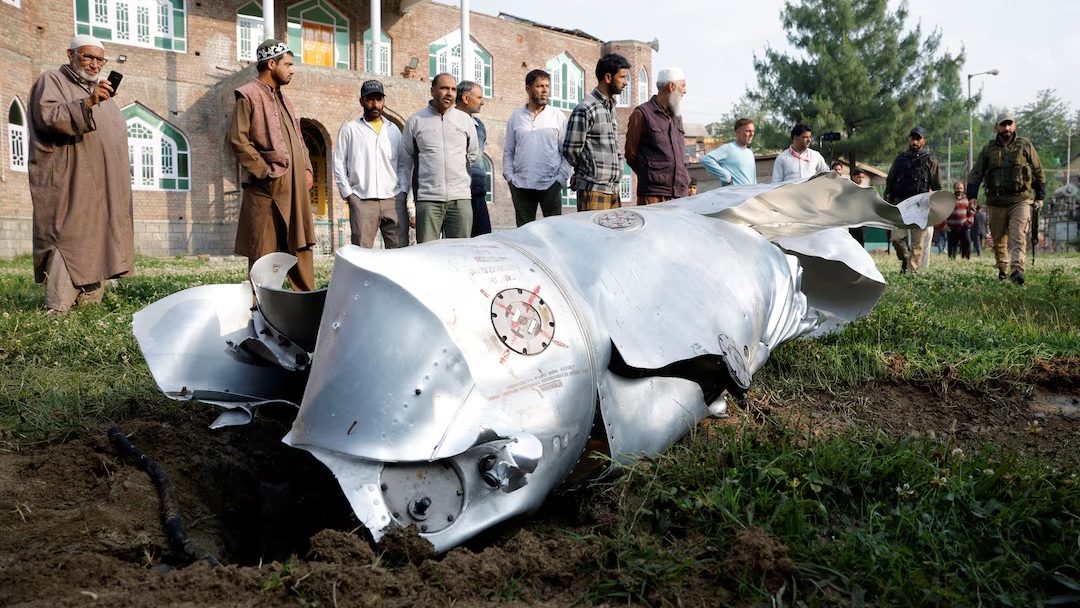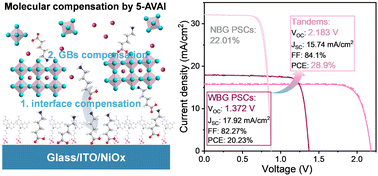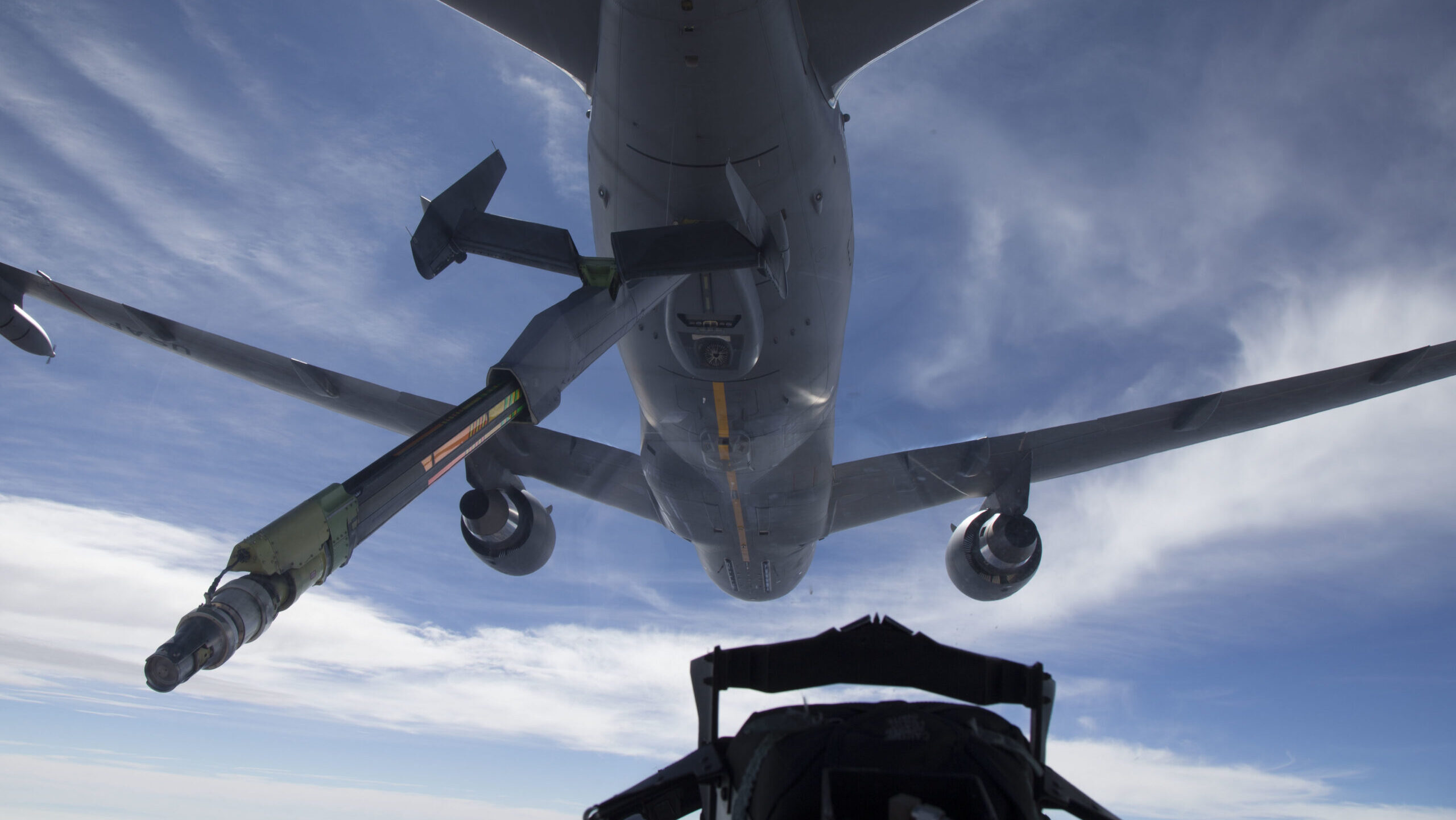German space commander’s ‘Christmas wish’? Satellites with EW-infused defenses
There is “no point in writing papers for three years, developing the satellite for five years, launching old stuff into the orbit, which would stay there for another 10 years,” said Maj. Gen. Michael Traut, Commander of German Space Command


A graphic of a global satellite network. (Getty)
AOC EUROPE 2025 — Germany’s top space official has called on industry to urgently speed development of Electronic Warfare (EW)-based self protection capabilities in a bid to become more “responsive” to enemy threats.
During the AOC Europe trade show in Rome today Maj. Gen. Michael Traut, commander of German Space Command, said that it was one of his “Christmas wishes” to see “every future or present space system” include “self-protection measures [or] built-in self-protection,” as he urged manufacturers to work off a faster innovation cycle that mirrors the drumbeat of EW firms.
There is “no point in writing papers for three years, developing the satellite for five years, launching old stuff into the orbit, which would stay there for another 10 years.”
Self-protection capabilities could be advanced in a number of specific ways, from operating a constellation instead of a single satellite for targeting, which would also increase resilience, to rapidly sending a new satellite into orbit in the immediate aftermath of a shootdown incident — a demonstration of “better responsiveness” to counter enemy actions. One other method, said Traut, could be to introduce a second satellite communications link that would serve as a backup to a jammed radiofrequency sensor.
Airing concerns around enemy space based threats, Traut said that Russia’s Luch Olymp-K-1 spy satellite had spent over a decade “approaching other communication satellites” and performing signals intelligence missions. He also suggested that it is feasible China possesses the ability to tow active satellites, mimicking its past feat of enabling the Shijian-21 space debris mitigation system to dock with a “dead” satellite.
“I would say that if you can do that with an old satellite, you can do that with every one” functioning in orbit too, he explained.
RELATED: US, China, Russia test new space war tactics: Sats buzzing, spoofing, spying
At a wider level he criticised Europe’s dismal rocket launch track record claiming that the continent only managed three last year, far behind the US with 170 and adversaries like China (between 60 and 70) and Russia (20).
Looking at the prospect of the United Nations successfully introducing new legislation covering expected norms and principles of responsible behavior in space, Traut also admitted he was “pessimistic” that a “resolution” will be delivered in “due time.”
Elsewhere in his talk, Traut said that plans are underway to establish a “first ever” ministry of research, technology and space, though he did not share a planned stand up timeframe.































































































